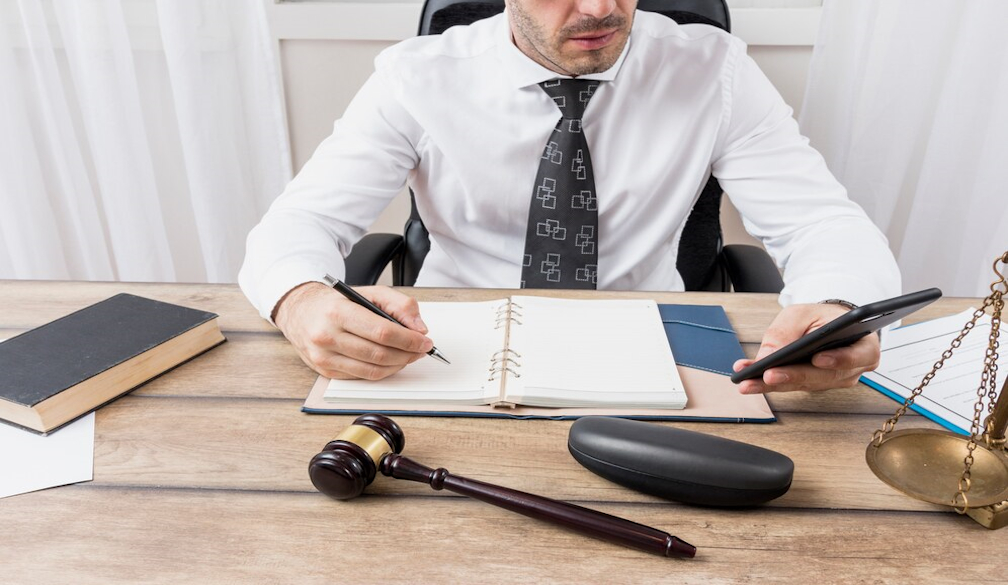Tips for Choosing Lawyers for Your Specific Legal Matter

Navigating the legal system can often feel overwhelming, especially if you’ve never faced a complex legal issue before. Whether it’s a personal injury claim, a family dispute or a business matter, hiring the right lawyers can make all the difference in achieving a favourable outcome. This article will explore practical tips to help you choose lawyers who are well-suited to your specific legal needs.
Understand Your Legal Needs
The first step in finding the right lawyers is understanding your legal requirements. Legal matters can vary widely, from criminal defence to estate planning, commercial litigation and intellectual property disputes. Each area of law demands specific knowledge and expertise. For instance, if you’re dealing with a divorce, you’ll want to seek family lawyers. Similarly, if you’re starting a business, you’ll benefit from hiring corporate lawyers with experience in contracts, trademarks and compliance. Identifying the core aspects of your issue will help you narrow your search and lead you to professionals who are experienced in handling cases like yours.
Research & Compare Potential Lawyers
Once you’ve identified your legal needs, it’s time to research. Start by looking for lawyers online and reviewing their websites. Many legal professionals outline their areas of practice, years of experience and client testimonials on their websites. Compare multiple lawyers to get a sense of their approach, reputation and service offerings. Online directories, such as the Law Society of Australia or local bar associations, can also be excellent resources for finding reputable lawyers in your area.
Check Reviews & Testimonials
Client feedback can offer valuable insights into a lawyer’s professionalism, communication and success rate. Look for positive online reviews, which are usually good indicators of a lawyer’s competence and trustworthiness. However, it’s also important to approach reviews with a critical eye. Not every case is the same, and one negative review doesn’t necessarily reflect poor service. Use testimonials as a guide, but balance them with your own impressions during consultations.
Schedule Initial Consultations
Many lawyers offer free or low-cost initial consultations to discuss your case. Take advantage of these meetings to assess whether the lawyer is a good fit for you. During the consultation, ask questions about their experience, their strategy for handling your case and the expected outcomes. Pay close attention to how they communicate. Are they clear and patient when explaining legal terms? Do they take the time to understand your concerns? A good lawyer should make you feel comfortable and confident in their ability to represent you effectively.
Consider Costs & Fee Structures
Legal fees can vary significantly depending on the lawyer’s experience, location and the complexity of your case. Before hiring lawyers, ask for a detailed breakdown of their fees. Some lawyers charge hourly rates, while others may offer flat fees or work on a contingency basis. Be upfront about your budget and ensure there are no hidden costs. Transparency in pricing is crucial to avoid misunderstandings down the track.




